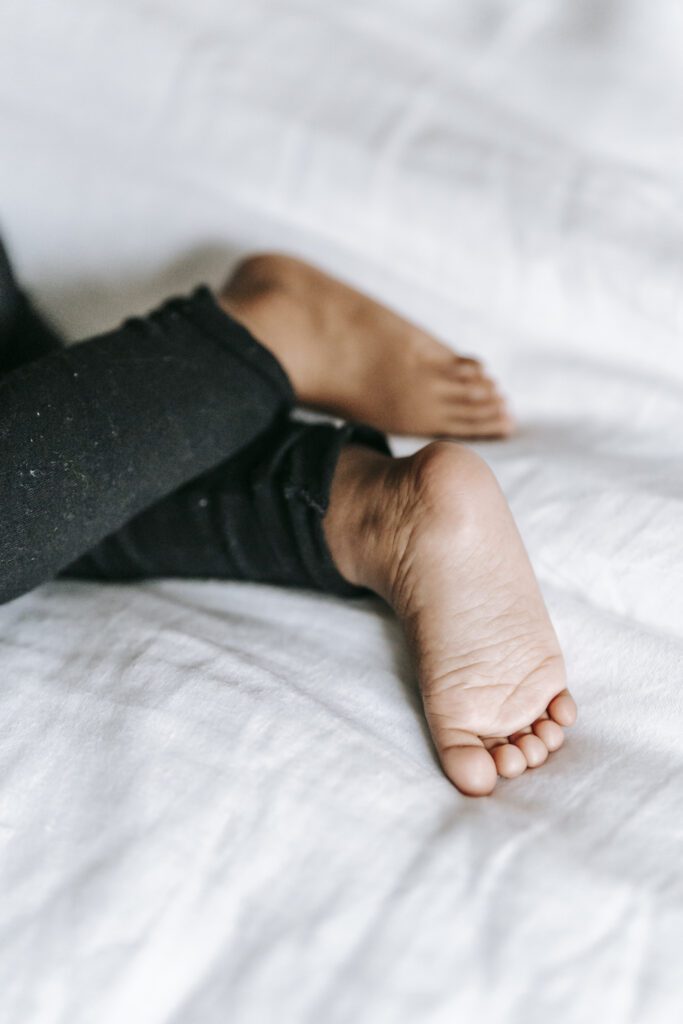In conclusion, excessive daytime sleep in babies can indicate a potential issue that needs to be addressed. It is important for parents and caregivers to monitor and regulate their baby’s sleep patterns to ensure they are getting the appropriate amount of rest necessary for their development and overall well-being.
What happens if baby gets too much daytime sleep?
Sleeping excessively during the daytime can contribute to or worsen problematic sleep habits, such as taking short naps, struggling to fall asleep at night, experiencing interrupted sleep, waking up early in the morning, and having a shorter duration of sleep throughout the night. This can occur on or after April 11, 2023.
Is it okay if my baby sleeps most of the day?
Unless accompanied by other symptoms, it is typically not worrisome if a baby occasionally sleeps for an extended period. Generally, it is unusual for a newborn to consistently sleep through feedings or sleep for more than 19 hours per day unless they are unwell or experiencing difficulties with feeding.
Why is my baby sleeping so much during the day?
In summary, infants sleep a lot because they are constantly learning and growing at a rapid pace. This ample rest contributes to the significant developmental changes they experience. Newborns typically sleep for up to 17 hours per day. Gain knowledge about the sleep patterns of newborns and discover ways to establish healthy sleep routines.
Is my baby napping too long during the day?
While it may be tempting to let your baby sleep for more than three hours, as it allows you to have some personal time, extended naps of more than three hours (regardless of age) usually suggest that your baby is exhausted, either due to a night of inadequate sleep or previous short naps.
Should I let baby nap longer than 2 hours?
If your baby takes multiple naps, it is recommended to limit each nap to a maximum of 2 hours. If your baby or toddler only takes one nap a day, it is advised to cap the nap at 3 hours. Setting these time limits helps promote healthy sleep patterns by ensuring there is enough time for awake and active periods.
Should you wake up a baby from a nap?
If your baby’s nap lasts longer than two hours, it is recommended that you wake them up. If your baby takes several naps throughout the day, it is advisable to limit their naps to two hours so that they still have time for additional naps before bedtime.
Emily Mcmelon is a highly skilled and accomplished writer specializing in the field of pediatrics. With a deep passion for children’s health, she has dedicated her career to creating informative and engaging content that helps parents and caregivers navigate the complex world of pediatric care.


